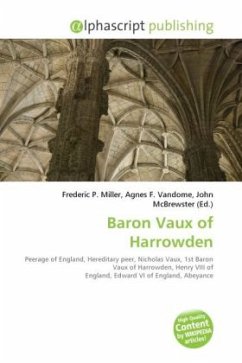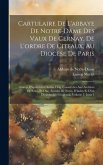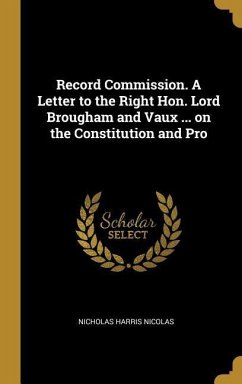High Quality Content by WIKIPEDIA articles! Baron Vaux of Harrowden is a title in the Peerage of England. It was created in 1523 for Sir Nicholas Vaux. The barony was created by writ, which means that it can pass through both male and female lines. Vaux was succeeded by his son, the second Baron. He was a poet and member of the courts of Henry VIII and Edward VI. On the death in 1663 of his great-grandson, the fifth Baron, the title fell into abeyance between the late Baron's surviving sister Joyce, and the heirs of his deceased sisters Mary, Lady Symeon, and Catherine, Baroness Abergavenny. The barony remained in abeyance for 175 years, until the abeyance was terminated in 1838 in favour of George Charles Mostyn, who became the sixth Baron. He was the son of Mary Lucinda Browne-Mostyn, a descendant of Mary, the eldest sister of the fifth Baron, by her marriage to Charles Mostyn, grandson of Sir Edward Mostyn, 5th Baronet (see Mostyn Baronets, of Talacre). He was succeeded by hisgrandson, the seventh Baron. He was in the Diplomatic Service.








